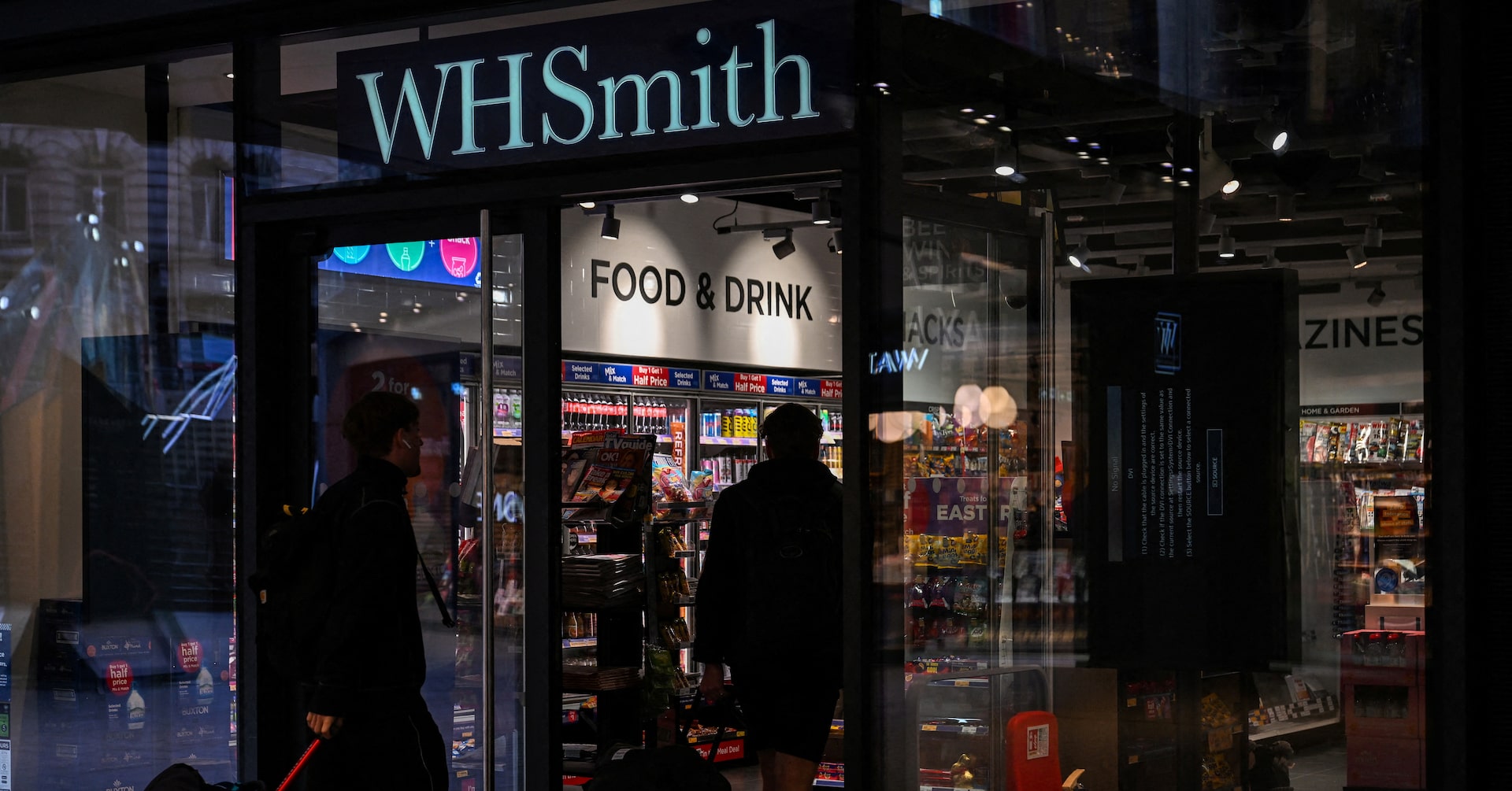Retail Shake-Up: WH Smith Plots Major UK Store Divestment in Landmark $100M Deal

In a strategic move to refocus its business model, British retail giant WH Smith has announced the sale of its UK high street operations to private equity firm Modella Capital for a substantial 76 million pounds (approximately $98.33 million). This landmark transaction signals the company's commitment to transforming itself into a streamlined, globally-focused travel retail enterprise.
The deal represents a significant pivot for WH Smith, which has long been a familiar presence in British town centers. By divesting its traditional high street business, the retailer aims to concentrate its resources and energy on its more lucrative international travel retail segment, positioning itself for future growth and market expansion.
Modella Capital's acquisition underscores the ongoing transformation in the retail landscape, where companies are increasingly seeking to optimize their core competencies and strategic positioning. For WH Smith, this sale marks a decisive step towards becoming a more agile and specialized global retail player.
